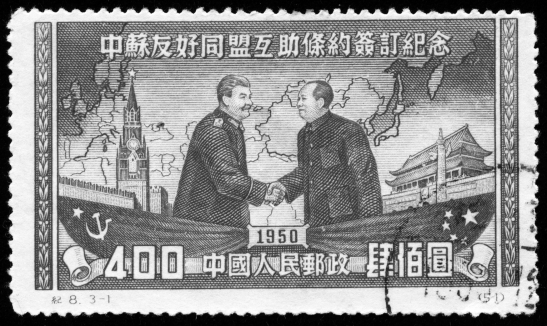Exam 13: The Three-World Order 1940-1975
Exam 1: The Rise of Universalizing Religions 300-600 Ce52 Questions
Exam 2: New Empires and Common Cultures 600-1000 Ce69 Questions
Exam 3: Becoming the World 1000-1300 Ce75 Questions
Exam 4: Crisis and Recovery in Afro-Eurasia 1300-150089 Questions
Exam 5: Contact, Commerce, and Colonization 1450-160074 Questions
Exam 6: Worlds Entangled 1600-175086 Questions
Exam 7: Cultures of Splendor and Power 1500-1780104 Questions
Exam 8: Reordering the World 1750-185080 Questions
Exam 9: Alternative Visions of the Nineteenth Century86 Questions
Exam 10: Nations and Empires 1850-191487 Questions
Exam 11: An Unsettled World 1890-1914108 Questions
Exam 12: Of Masses and Visions of the Modern 1910-193986 Questions
Exam 13: The Three-World Order 1940-197589 Questions
Exam 14: Globalization 1970-200083 Questions
Select questions type
Jawaharlal Nehru, the first prime minister of India, advanced a plan for India's future based on the application of scientific knowledge to promote the nation as a whole.
(True/False)
4.9/5  (44)
(44)
Why did Joseph Stalin believe that the Soviet Union deserved to dominate eastern Europe?
(Multiple Choice)
4.8/5  (39)
(39)
Multinational corporations had which of the following impacts on Third World countries?
(Multiple Choice)
4.7/5  (36)
(36)
How did Japan justify its conquest of neighboring territory during World War II?
(Multiple Choice)
4.9/5  (37)
(37)
Questions refer to the image below.
Chinese Stamp, "Treaty of Friendship, Alliance and Mutual Assistance," showing Joseph
Stalin and Mao Zedong Shaking Hands (1950)  -Which of the following conclusions might be drawn from the stamp design above?
-Which of the following conclusions might be drawn from the stamp design above?
(Multiple Choice)
4.8/5  (33)
(33)
Which of the following first tested President Harry Truman's containment policy?
(Multiple Choice)
4.8/5  (37)
(37)
Answer all parts of the question that follows.
(A) Explain ONE way the United States sought to prevent the spread of communism between 1945 and 1950.
(B) Explain ONE way the United States sought to prevent the spread of communism between 1950 and 1975.
(C) Explain ONE difference in the United States' responses to its role in international affairs after World War I and after World War II.
(Essay)
4.8/5  (31)
(31)
During the Cold War, what did the United States and the Soviet Union expect from Third World countries?
(Multiple Choice)
4.8/5  (44)
(44)
Which of the following accurately compares the Germans and Japanese during the 1930s and 1940s?
(Multiple Choice)
4.8/5  (38)
(38)
Showing 81 - 89 of 89
Filters
- Essay(0)
- Multiple Choice(0)
- Short Answer(0)
- True False(0)
- Matching(0)